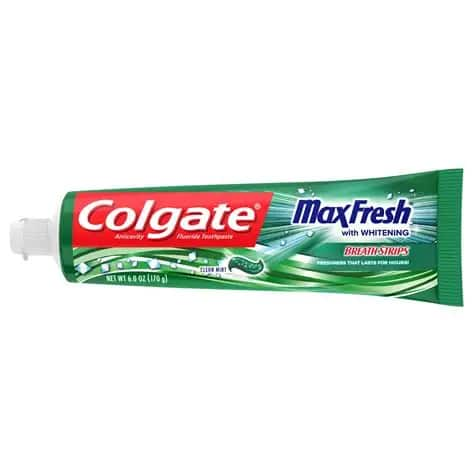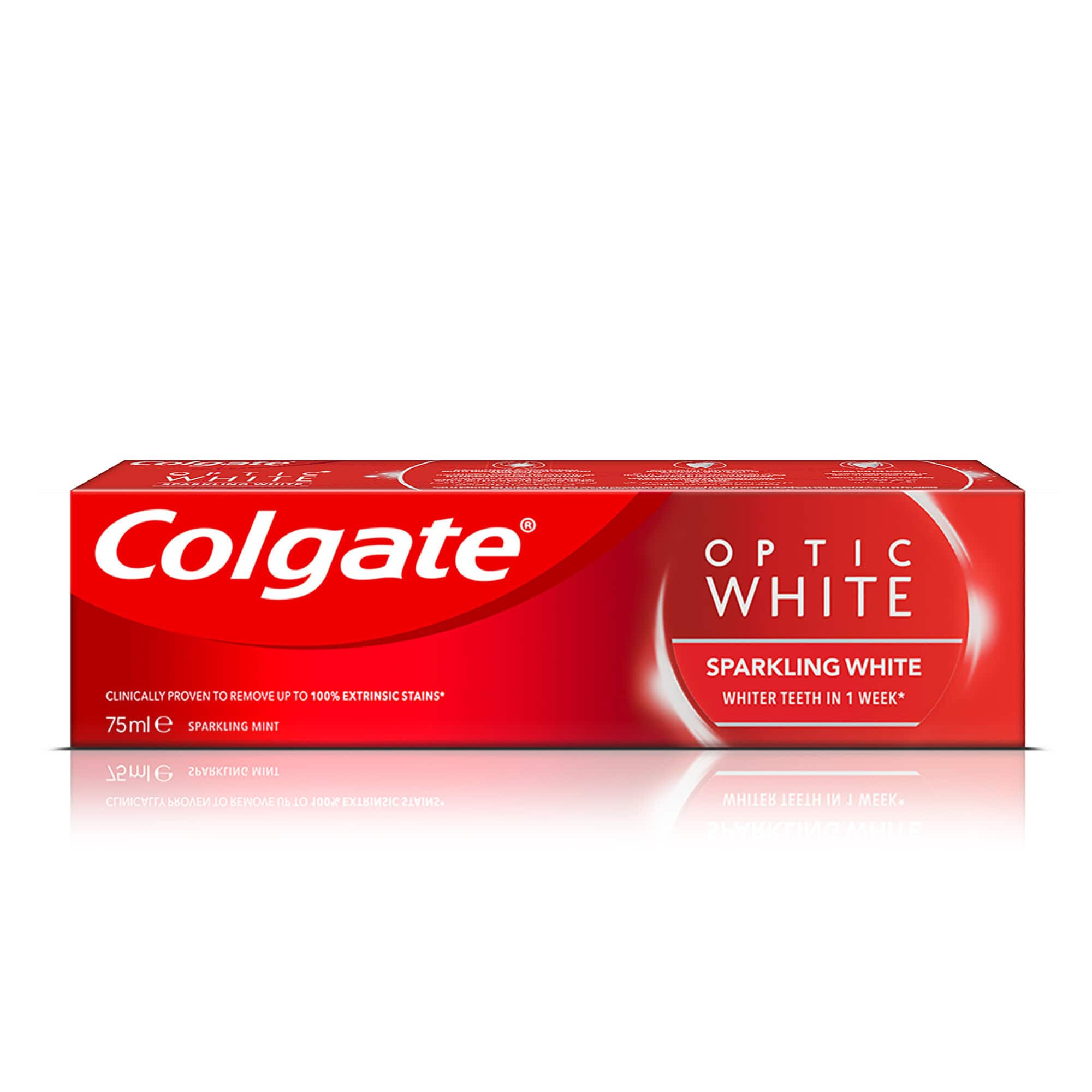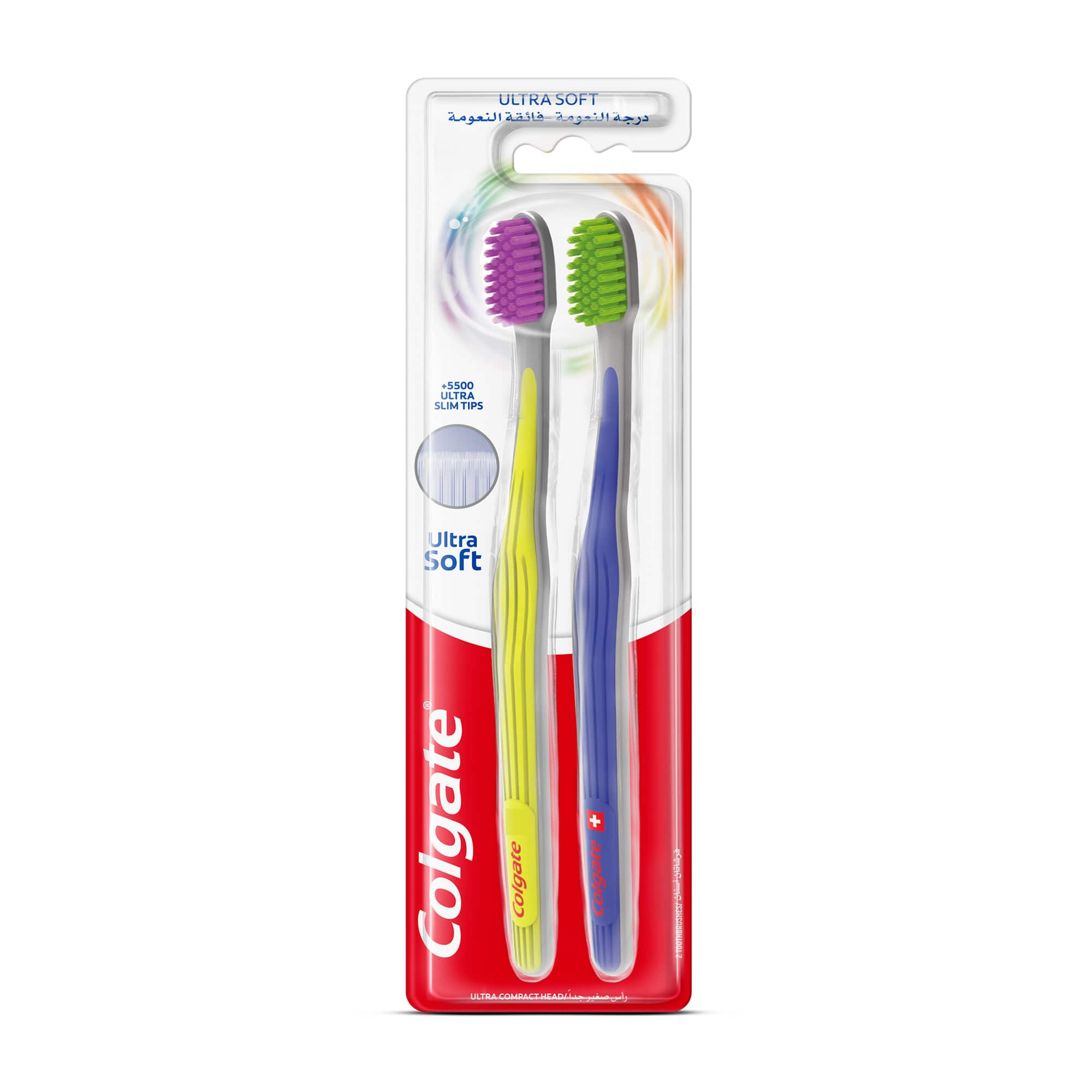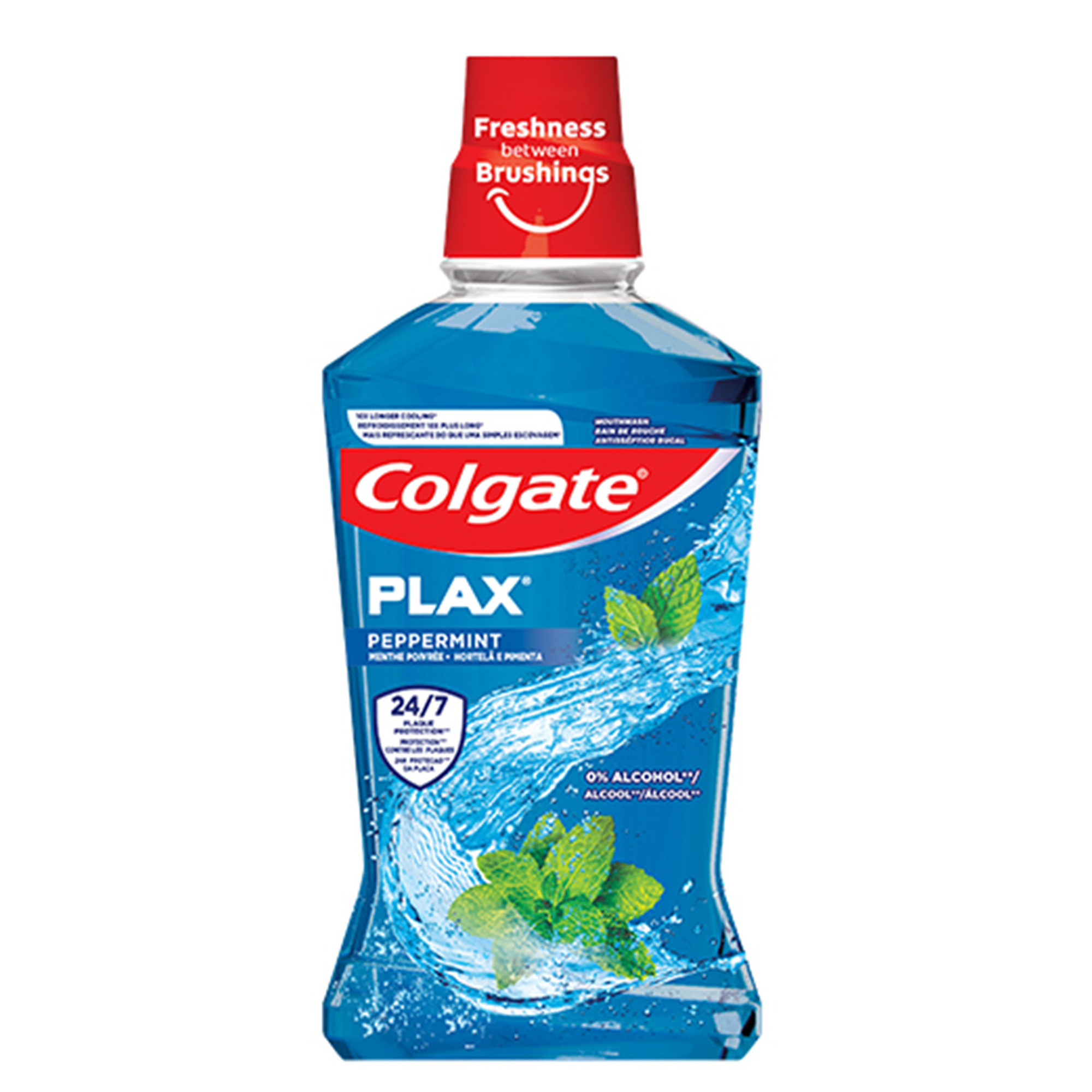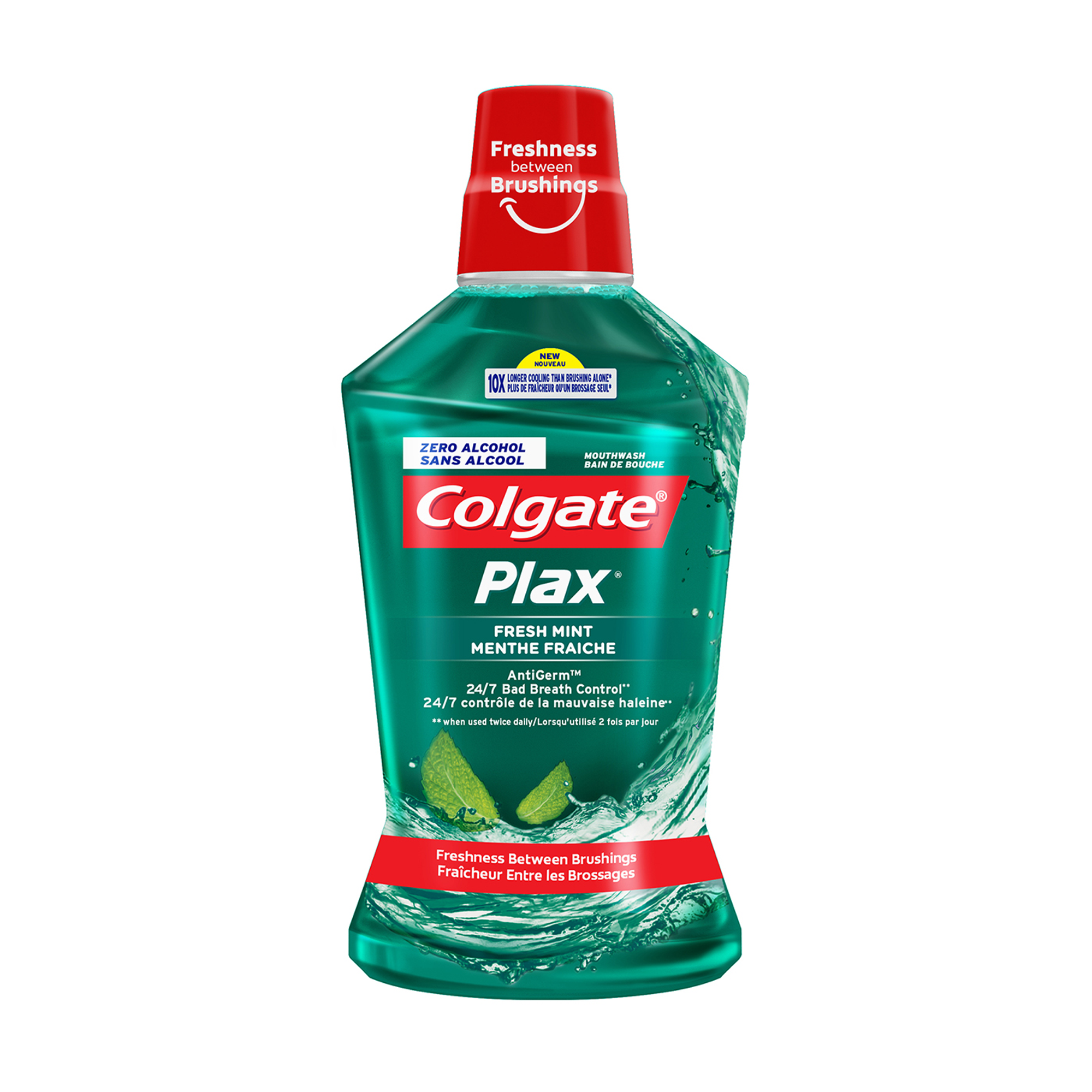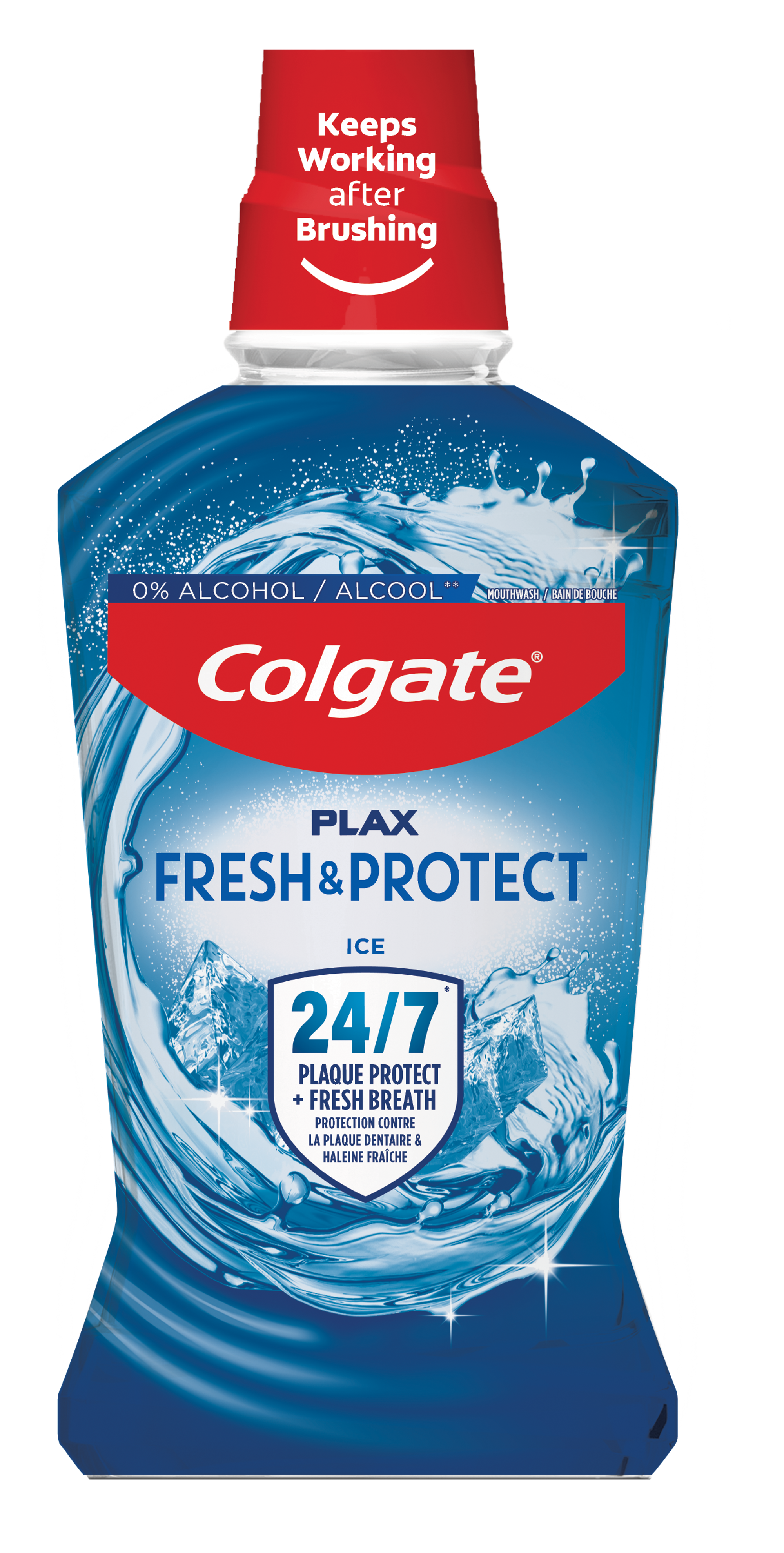-
-

NUTRITION AND ORAL HEALTH
What is Dental Public Health? A Look at How It Can HelpMany oral diseases can be prevented with routine care and regular dental checkups...

NUTRITION AND ORAL HEALTH
How to Limit the Effects of Sugar on TeethCookies, cakes, candy and sodas – everywhere you go, there are sugary treats to tempt...
-
Science & Innovation
- Colgate® | Toothpaste, Toothbrushes & Oral Care Resources
- Oral Health
- Evolution Of Charcoal
THE EVOLUTION OF CHARCOAL
Charcoal, has been used for centuries for its healing and adsorption properties. See some of its uses throughout history, and why it remains a vital substance to human life to this day.
| 8000BC | Native Americans combined charcoal powder with water to treat stomach ailments. | |
| 3750BC | Bronze was made by the Ancient Egyptians using charcoal to smelt ores. | |
| 1500BC | Egyptians used charcoal’s adsorption properties to mask festering wound odours. | |
| 400BC | Channelling its antiseptic powers, the Ancient Hindus and Phoenicians began using charcoal to purify drinking water. | |
| 27BC | Romans made toothpaste by combining charcoal powder with crushed bones, oyster shells and bark. I came, I saw, I brushed! | |
| 50AD | Hippocrates, the Greek physician considered the father of natural medicine, treated many patients’ ailments with activated carbon including epilepsy, chlorosis and vertigo. | |
| 1794 | Carbon was revealed to be a successful decolouring agent, and particularly helped to produce white sugar. Yes, black can sometimes turn into white, it seems. | |
| 1820 | Used to treat poultices, slough ulcers and treat gangrenous sores, charcoal was recorded in medical journals as an antidote for poison, and a treatment for intestinal disorders. | |
| 1915 | Activated carbon was placed in gas masks by American soldiers in WW1, as a protective measure against poison gas. | |
| 1979 | By 1979 activated charcoal was widely employed for industrial use, to purify drinking water and industrial waste, and to offset toxic gases. It was also used to clean bottles and winery tanks. |
Deep Clean with Charcoal from 2015
The purification properties of charcoal have been eagerly adopted by the health and beauty industry. Pharmaceutical charcoal is used in soaps, face cleansers and deodorant to adsorb grease and dirt in pores. Bamboo charcoal has emerged as a popular additive to food. The Charcoal trend now includes charcoal peanuts, doughnuts and even hamburgers.
There are now toothpastes with micro-charcoal particles that act on the teeth, tongue, cheek and gums to protect 100% of the mouth and give superior deep clean.
This article is intended to promote understanding of and knowledge about general oral health topics. It is not intended to be a substitute for professional advice, diagnosis or treatment. Always seek the advice of your dentist or other qualified healthcare provider with any questions you may have regarding a medical condition or treatment.
Related Articles

Due to the COVID-19 outbreak, questions surrounding dental health have arose. Find your at-home treatments, & when you should see a dentist here.

Can toothpaste and mouthwash neutralize and reduce the virus that can cause COVID-19 in your mouth? Read more on this new Colgate-Palmolive research for toothpaste and mouthwash effects on the COVID-19 virus.

Related Products

Helping dental professionals
More professionals across the world trust Colgate. Find resources, products, and information to give your patients a healthier future

